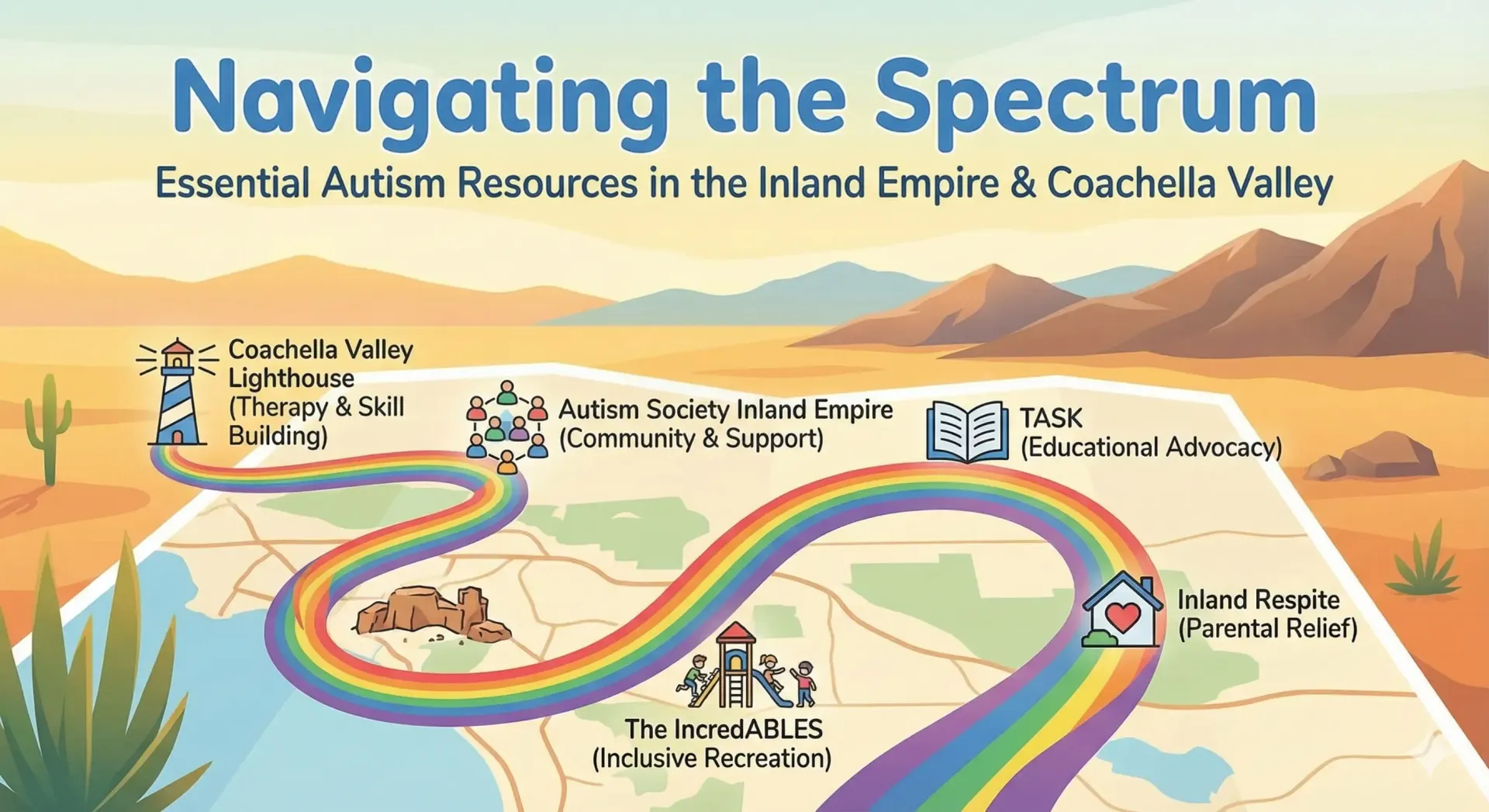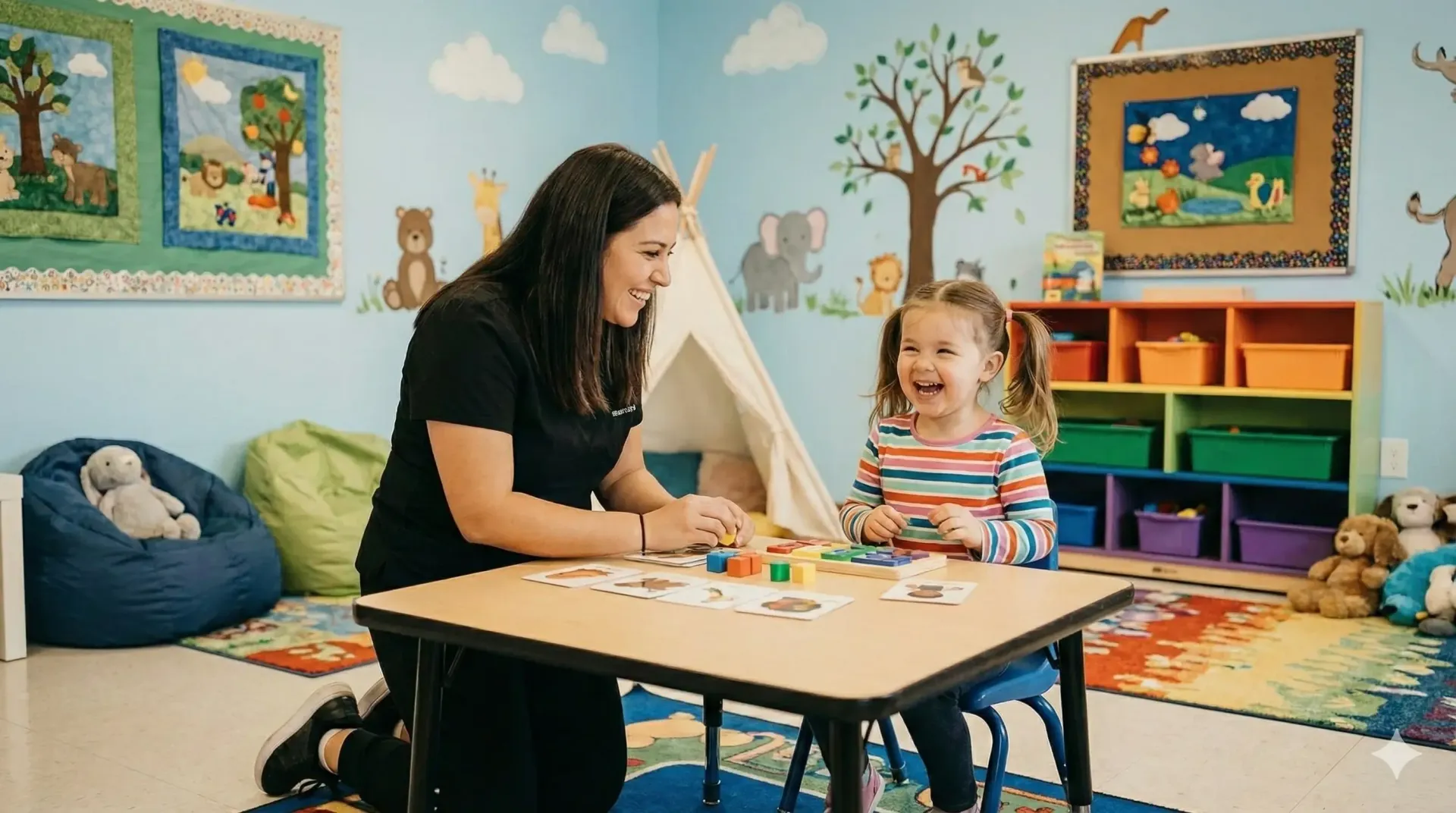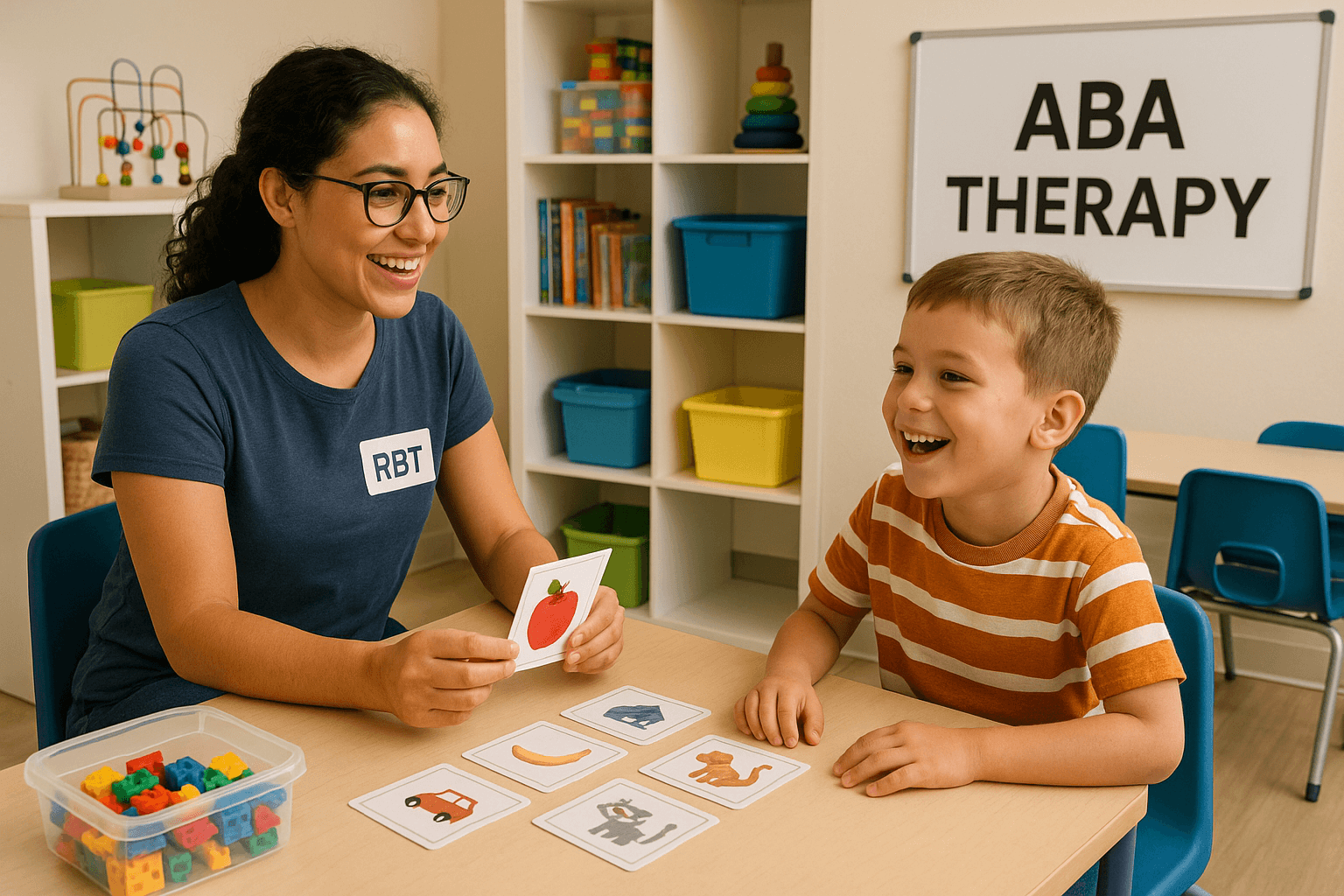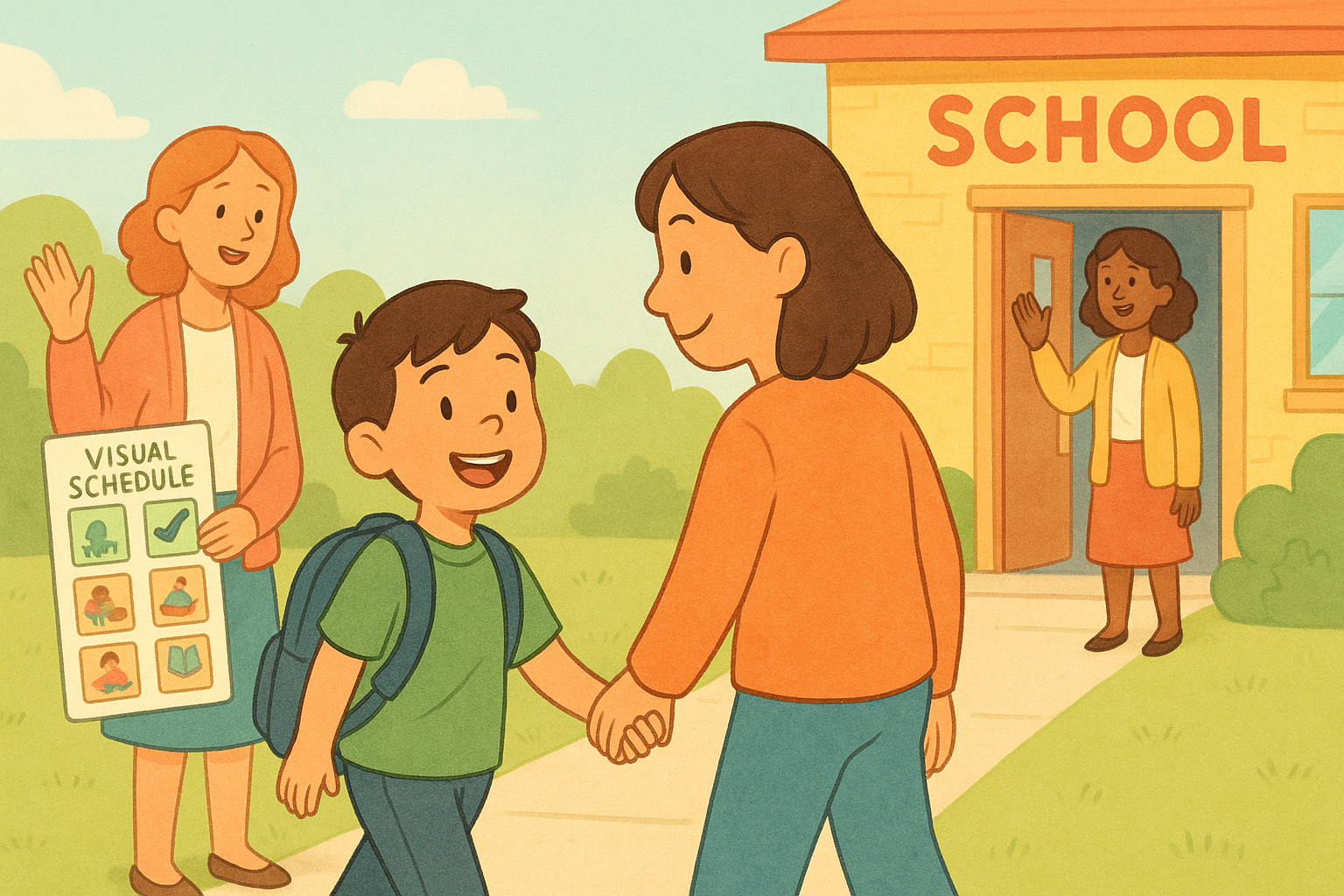Early Signs of Autism: When to Start ABA Therapy
As parents, we instinctively tune in to our children’s development—celebrating their first words, first steps, and growing personalities. But when milestones are delayed or communication seems different, it can leave families with questions and uncertainty. Understanding the early signs of autism and when to begin ABA therapy can make a tremendous difference in your child’s journey.
Recognizing the Early Signs of Autism
Autism Spectrum Disorder (ASD) is a neurodevelopmental condition that affects how a person communicates, interacts socially, and processes sensory information. While every child is unique, some early signs can be indicators of autism, often noticeable between 12 to 24 months of age.
Here are some common signs to watch for:
1. Delayed Speech or Lack of Babbling
By 12 months, most babies begin to babble or use simple sounds to communicate. If your child isn’t babbling, pointing, or using gestures to express needs, it may be time to explore further evaluation.
2. Limited Eye Contact or Social Engagement
Children with autism may avoid making eye contact or seem uninterested in engaging with others. They may not smile back when someone smiles at them or show interest in playing social games like peek-a-boo.
3. Repetitive Behaviors
Watch for behaviors such as hand-flapping, spinning, rocking, or repeating the same phrase (echolalia). These repetitive actions may serve as a form of self-regulation but can also indicate a need for assessment.
4. Difficulty Responding to Name
By 12 months, most children respond to their names. If your child consistently doesn’t turn toward you when called, it may be a sign of delayed social responsiveness.
5. Resistance to Change or Unusual Attachments
Children with autism may become distressed by changes in routine or show strong attachments to specific objects, such as a toy or household item, and become upset when it's taken away.
6. Sensitivity to Sensory Input
Sensory sensitivities are common. Some children may overreact to sounds, lights, or textures, while others may appear under-sensitive and seek out intense stimulation.
Why Early Detection Matters
The earlier autism is identified, the sooner a family can access the support and services their child needs. Research has consistently shown that early intervention—especially before age 3—can lead to meaningful improvements in communication, behavior, and social skills.
Parents are often the first to notice subtle changes. If you feel something is “off,” trust your instincts and seek guidance from a pediatrician, developmental specialist, or autism evaluation provider. You don’t need to wait for a formal diagnosis to begin taking steps toward support.
When Should You Start ABA Therapy?
Applied Behavior Analysis (ABA) is a research-backed therapy that helps children with autism develop life skills and reduce behaviors that interfere with learning and socializing. ABA therapy is highly individualized, focusing on each child’s unique strengths, goals, and areas of growth.
The ideal time to begin ABA therapy is as early as possible—ideally when the first signs of autism are observed or a developmental delay is suspected. Starting therapy early helps lay a strong foundation for communication, learning, and adaptive skills that will benefit your child long-term.
Here’s why starting ABA therapy early is beneficial:
- Neural Plasticity: A child’s brain is highly adaptable during early development, making it easier to acquire new skills.
- Behavioral Support: Early intervention helps reduce the occurrence of challenging behaviors before they become deeply ingrained.
- Family Guidance: Early ABA services often involve training for parents, helping families better understand and support their child’s needs.
What If You're Still Waiting on a Diagnosis?
Even if you're in the process of getting an autism diagnosis—or on a waitlist for evaluation—you can still take proactive steps. Many ABA therapy providers offer screenings, developmental consultations, and early support while you wait for formal assessments. Early signs are enough reason to begin exploring therapy options.
What to Expect From ABA Therapy
ABA therapy typically involves:
- Initial Assessment: A Board Certified Behavior Analyst (BCBA) evaluates your child’s current abilities and creates a personalized treatment plan.
- Goal Setting: Goals may include improving language skills, building social interaction, reducing problem behaviors, and increasing independence in daily routines.
- Consistent Sessions: Therapy is delivered through structured, play-based sessions that may take place in the home, at a center, or in the community.
- Progress Monitoring: ABA is data-driven, meaning your child’s progress is continually monitored and the plan is adjusted as needed.
A Supportive Path Forward
It can be overwhelming to take those first steps—but you're not alone. Starting ABA therapy early doesn’t mean labeling your child. It means giving them the best opportunity to reach their potential with support that grows alongside them.
Whether your child is just beginning to show signs or has already received a diagnosis, ABA therapy can be a life-changing resource—not just for your child, but for your entire family.
Discover Personalized ABA Support in Southern California
At Coachella Valley Lighthouse, we specialize in early autism intervention and center based ABA therapy that nurtures growth, communication, and independence. Our compassionate team of Board Certified Behavior Analysts (BCBAs) and trained therapists works closely with each family to deliver care that’s tailored to your child’s unique needs.
With welcoming locations in Riverside, San Bernardino, and Imperial County, we’re here to guide you every step of the way—from recognizing the first signs to developing an effective therapy plan.
Let us help your child shine their brightest.
Contact Coachella Valley Lighthouse today to schedule a consultation and learn more about starting ABA therapy early.











